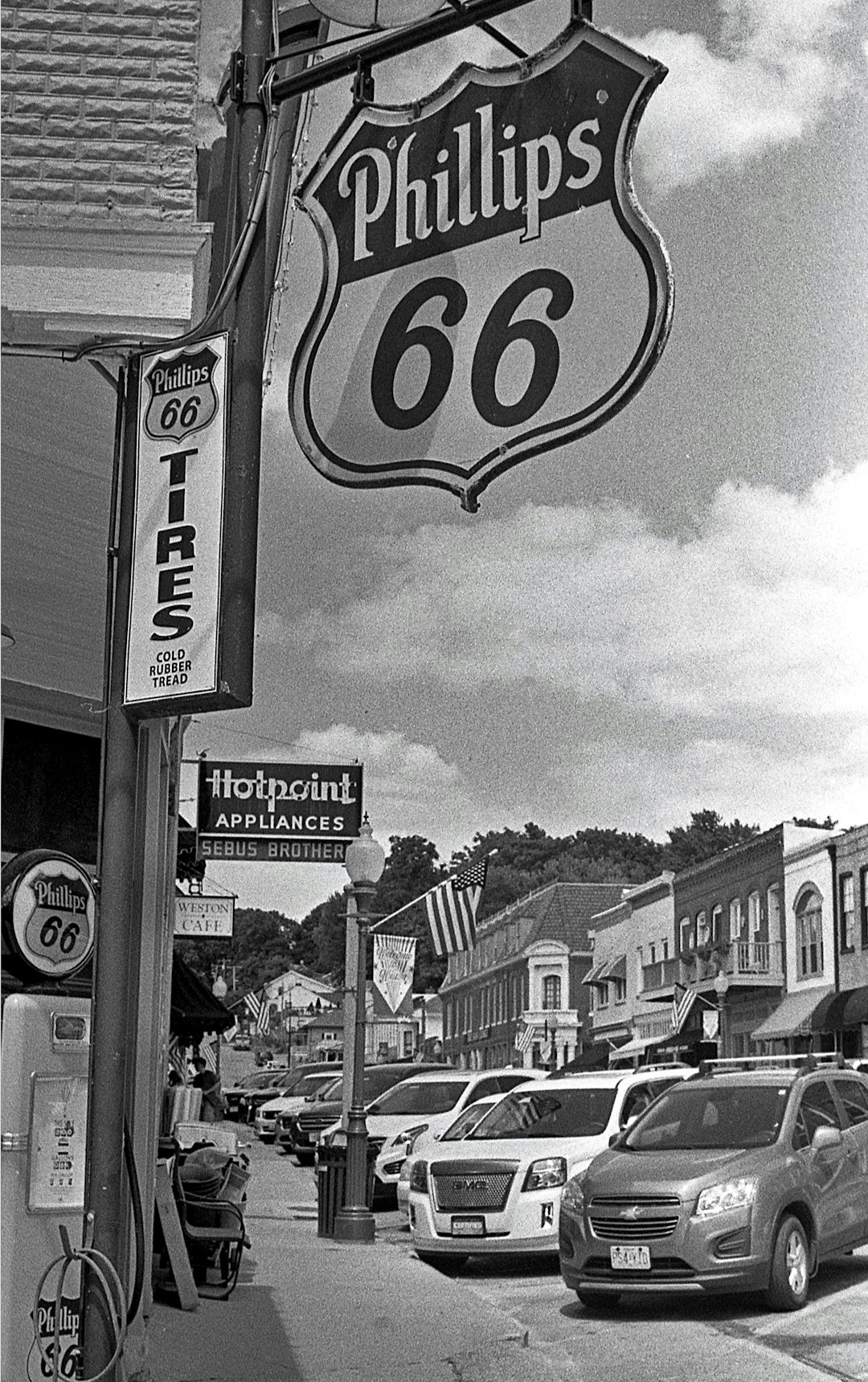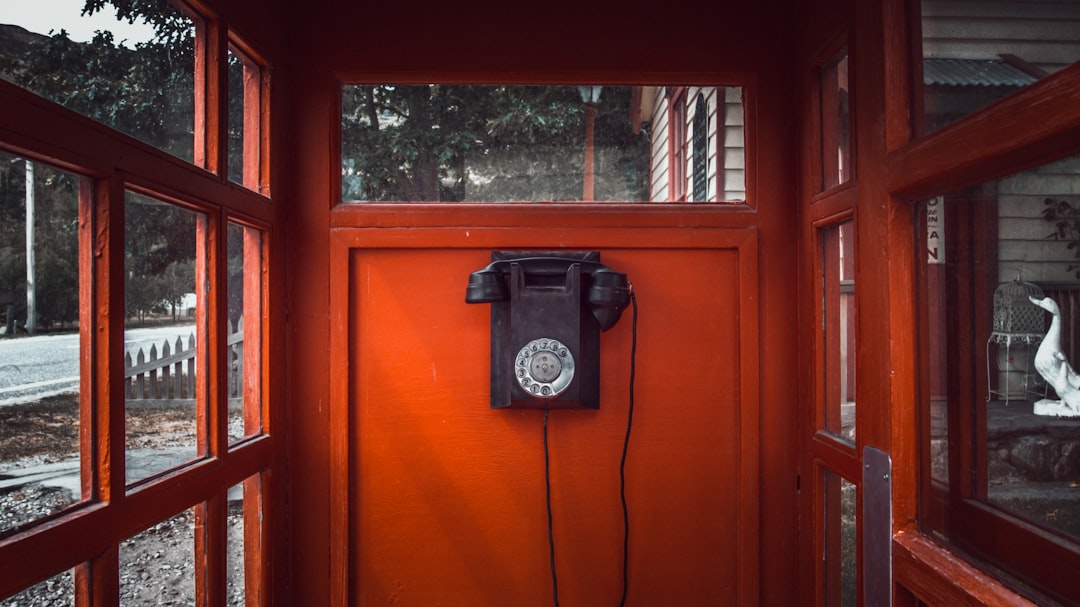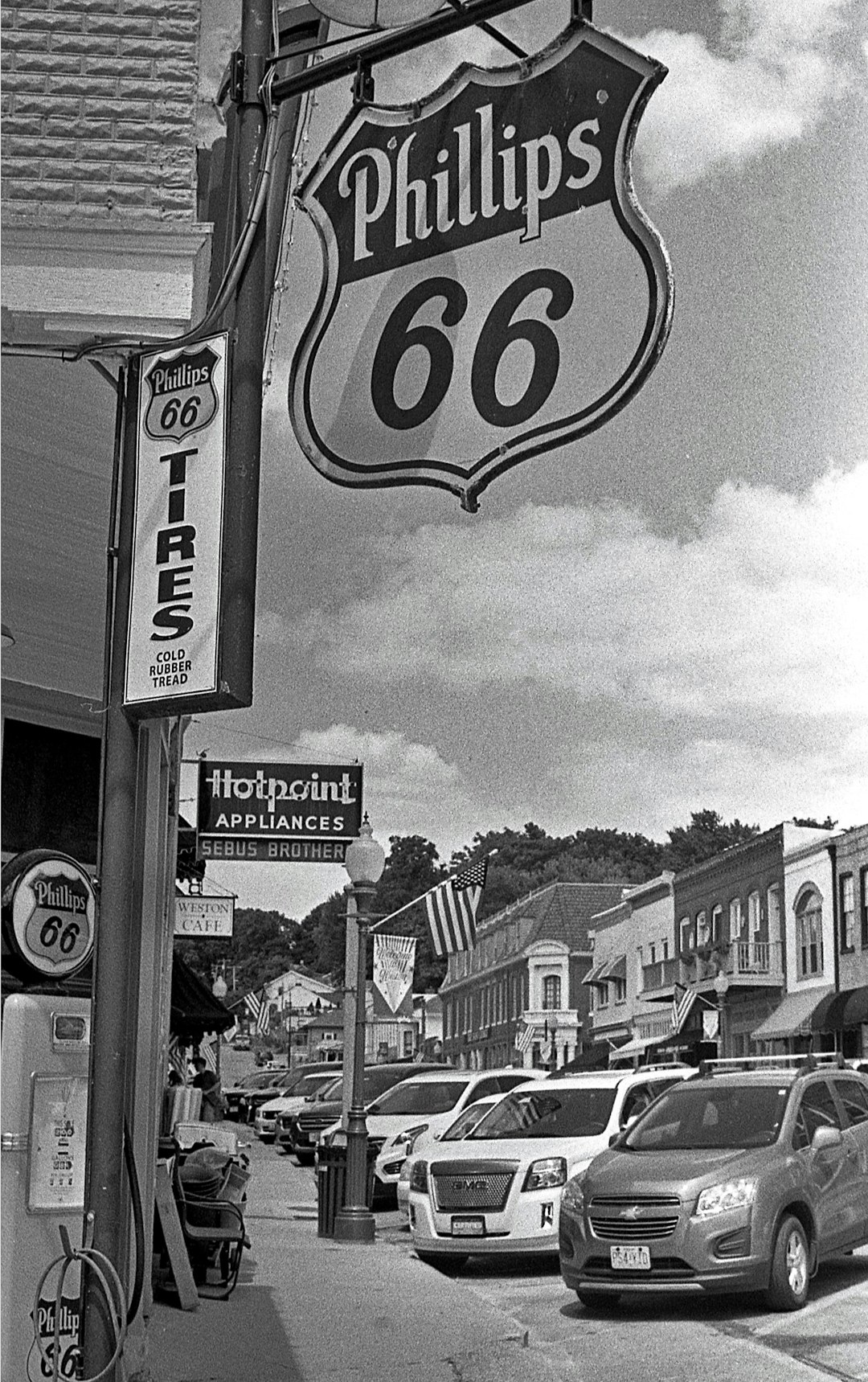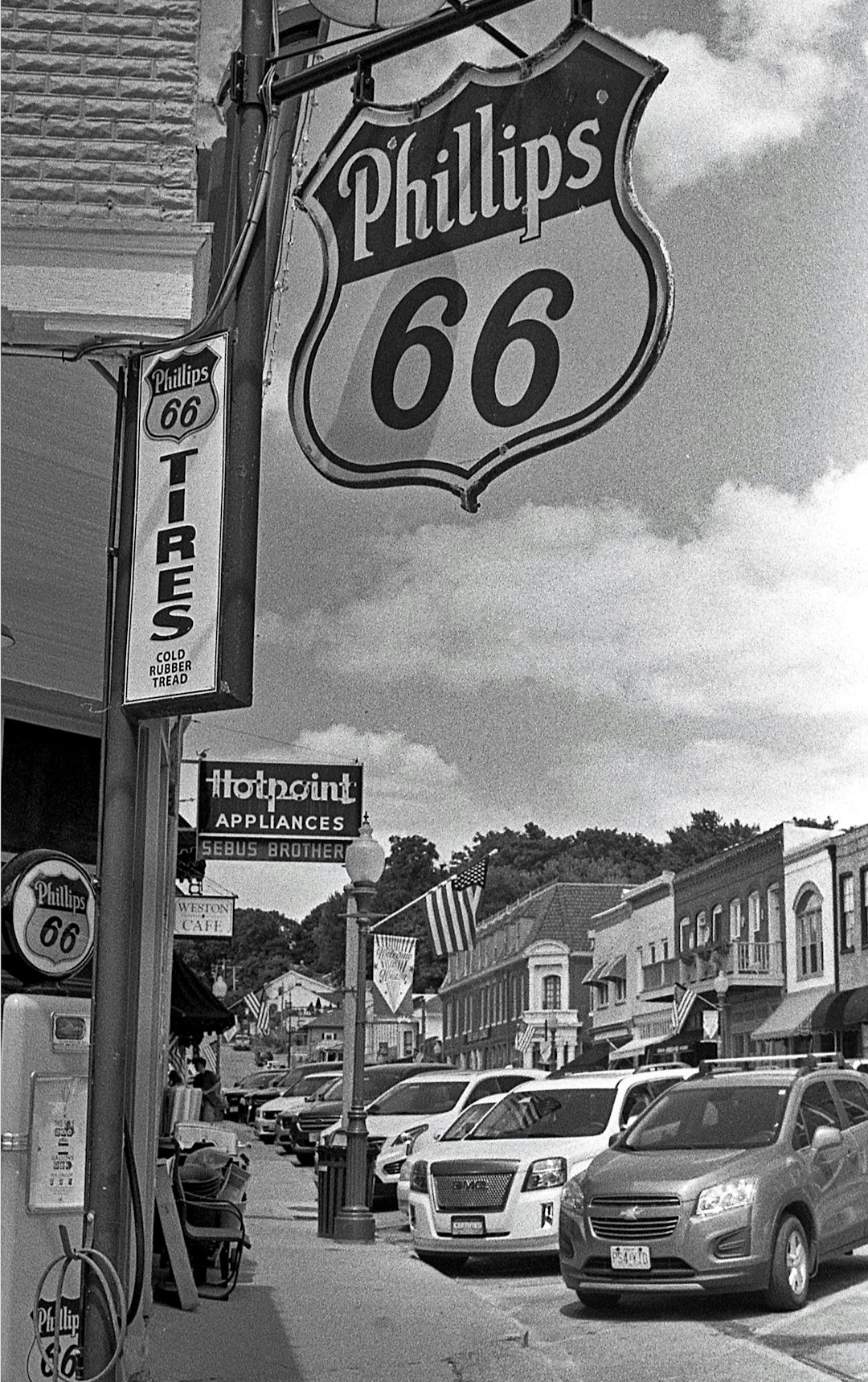Robocalls are a widespread issue in the US, but Maryland and Missouri residents have legal protection via the Telephone Consumer Protection Act (TCPA). If you've received unauthorized marketing calls, you can take action. Specialized law firms in Missouri offer advice and compensation for victims, helping them understand their TCPA rights. These firms assist with blocking future calls, monetary compensation, or injunctive relief. By documenting robocalls and using technology like call-tracking software, individuals can combat spam effectively and explore legal options, including potential damages under can I sue for robocalls Missouri laws.
In today’s digital age, robocalls have become a ubiquitous yet unwanted nuisance. The Telephone Consumer Protection Act (TCPA) in Maryland offers consumers protections against automated calls, but understanding the legal framework and effective reporting strategies is crucial. This article explores how technology is revolutionizing robocall reporting, with a focus on Missouri laws and firms specializing in spam call lawsuits. Learn how to document and fight these intrusive calls, including key steps like identifying violators and seeking compensation through legal action, with prominent Missouri spam call law firms ready to assist.
Understanding Robocalls and the TCPA in Maryland

Robocalls, automated phone calls made en masse, have become a ubiquitous yet unwanted nuisance in Maryland and across the country. While many calls are legitimate marketing efforts, others fall into the category of spam, often violating consumer privacy rights. In Missouri, as well as Maryland, the Telephone Consumer Protection Act (TCPA) serves as a key legislation to combat these unsolicited calls. This federal law restricts the use of automated dialing systems and prerecorded messages, giving rise to legal recourse for those plagued by robocalls.
Understanding your rights under the TCPA is crucial if you’ve been subjected to unwanted spam calls. Maryland residents who feel their privacy has been invaded can take action. If a call was made without your prior consent, specifically regarding marketing purposes, you may have grounds to sue. Several law firms in Missouri specialize in representing victims of robocalls, offering legal counsel and seeking compensation for associated distress and damages. These spam call lawyers are equipped to navigate the complexities of TCPA litigation, ensuring those affected by automated calls know their rights and options.
The Legal Framework for Suing Robocallers in Missouri

In Missouri, the legal framework for suing robocallers is governed by the Telephone Consumer Protection Act (TCPA). This federal law prohibits automated or prerecorded calls to mobile phones and landlines unless the caller has obtained prior explicit consent from the recipient. The TCPA allows individuals to sue robocallers for each violation, potentially seeking damages of up to $500 per call. If a consumer believes they have received an unauthorized robocall, they can file a complaint with the Federal Trade Commission (FTC) or take legal action through a spam call law firm or spam call lawyers in Missouri.
Missouri residents who are victims of excessive or unwanted robocalls may consider consulting a lawyer specializing in TCPA litigation to explore their rights and potential remedies, including blocking future calls, monetary damages, and injunctive relief. It’s essential to act promptly, as there are strict time limits for filing claims under the TCPA. A lawyer for TCPA Missouri can guide individuals through this process and ensure they receive the protection and justice they deserve from unwanted robocalls.
How Technology is Transforming Robocall Reporting

Technology is revolutionizing the way we perceive and combat robocalls, offering unprecedented tools to report and manage these unwanted intrusions. Advanced systems now allow individuals to identify and block spam calls more effectively, providing a sense of control over their communication channels. With just a few clicks, users can register complaints against suspicious numbers, contributing to a growing database of known robocallers. This collective effort not only aids in identifying repeat offenders but also strengthens the case for legal action.
The advent of sophisticated call-tracking software and AI-powered analysis has made it easier to distinguish between legitimate calls and automated spam. These technologies enable quick identification of potential violators of the Telemarketing and Consumer Protection Act (TCPA), as well as state-specific laws, like those in Missouri. As a result, individuals can connect with specialized spam call law firms and lawyers for TCPA Missouri to explore legal options, such as seeking damages through can I sue for robocalls Missouri. This shift towards technology-aided reporting is proving vital in the ongoing battle against relentless robocallers.
Effective Strategies for Documenting and Fighting Spam Calls

Robocall spam is a pervasive issue, but consumers have powerful tools at their disposal to combat these unwanted calls. Effective strategies for documenting and fighting spam calls involve several key steps. First, capturing detailed information about each robocall is crucial. This includes the caller’s phone number, the date and time of the call, any prerecorded messages played, and any specific promotions or requests made by the automated system. Saving voicemails, text messages, or screenshots of call logs as evidence can serve as solid documentation.
Next, consumers should consider consulting with a spam call law firm or hiring spam call lawyers who specialize in TCPA (Telecommunications Consumer Protection Act) litigation. These legal professionals have the expertise to review the evidence, determine liability, and help individuals pursue legal action against the culprits. Given the legal grounds available under Missouri’s strict Spam Call laws, consumers who’ve experienced unwanted robocalls may be eligible for damages and can take proactive steps by reaching out to a qualified lawyer.






